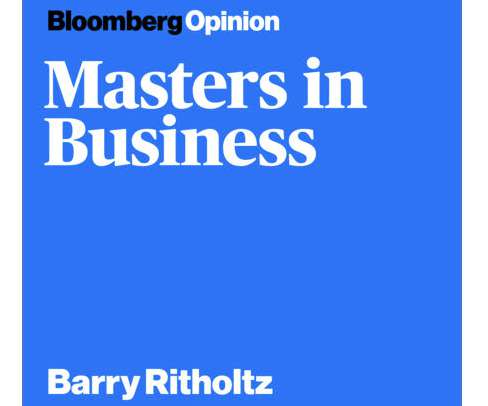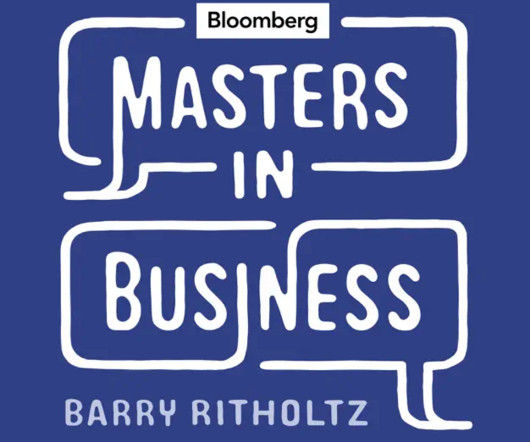Transcript: Greg Davis, CIO Vanguard
Barry Ritholtz
AUGUST 29, 2023
So I was a mile deep on a subject matter of bond indexing, but now I had the opportunity to lead an equity indexing group, the entire fixed income team, our investment strategy team that does research for our clients around portfolio construction, those types of things. They create the benchmark. DAVIS: Yes, exactly.















Let's personalize your content